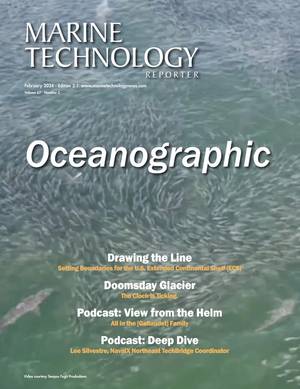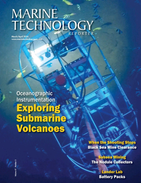The U.S. Bureau of Ocean Energy Management (BOEM) has denied six pending geophysical and geological (G&G) permit applications to conduct airgun seismic surveys in the Mid- and South Atlantic Planning Areas of the Atlantic Ocean.
In announcing its decision BOEM cited a number of factors, including a diminished need for additional seismic survey information because the Atlantic Program Area has been removed from the 2017-2022 Outer Continental Shelf Oil and Gas Leasing Program.
“In the present circumstances and guided by an abundance of caution, we believe that the value of obtaining the geophysical and geological information from new airgun seismic surveys in the Atlantic does not outweigh the potential risks of those surveys’ acoustic pulse impacts on marine life,” said BOEM Director Abigail Ross Hopper. “Since federal waters in the Mid and South Atlantic have been removed from leasing consideration for the next five years, there is no immediate need for these surveys.”
BOEAM said additional factors leading to the bureau’s decision to deny the six permits include the possibility that the information would not be used, if the Atlantic is not offered for future oil and gas leasing; the acquired data may become outdated if leasing is far in the future; and the probable development of lower impact survey technology before future geophysical and geological information would be needed.
This decision only impacts the six permit applications for the use of airgun seismic surveys that were proposed for oil and gas exploration deep beneath the ocean floor. The goal of geological and geophysical surveys is to produce maps or models that indicate the earth’s geography, stratigraphy, rock distribution and geological structure delineation. Deep penetration seismic surveys are conducted by vessels towing an array of airguns that emit acoustic energy pulses into the seafloor over long durations and large areas. Seismic airguns can penetrate several thousand meters beneath the seafloor. Surveys for other, shallow depth purposes typically do not use airguns. While surveys may have some impacts to marine life, airgun seismic surveys have the potential for greater impacts.
• 
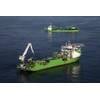



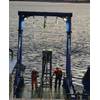
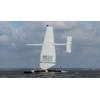







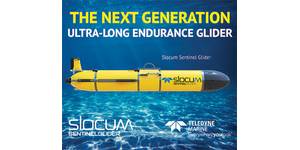
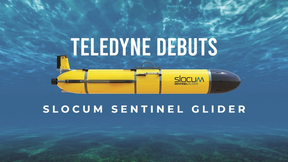
 February 2024
February 2024
